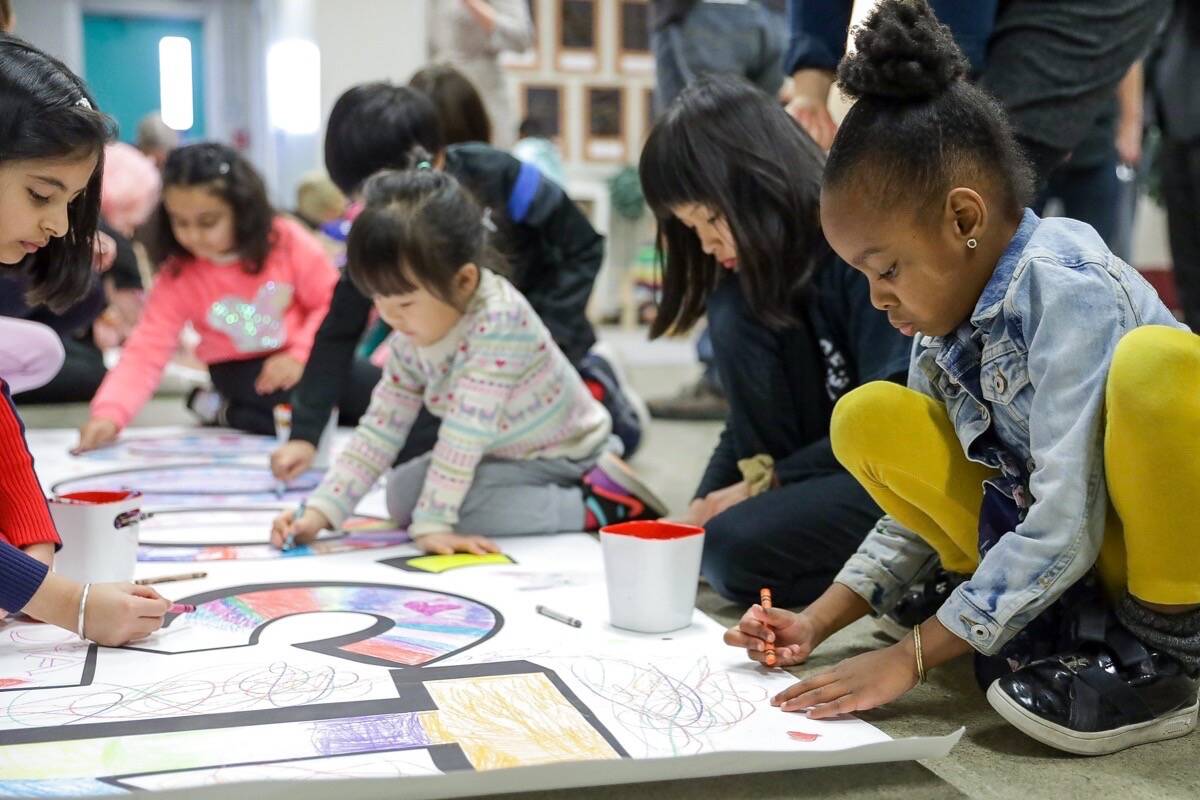As the B.C. NDP government prepared to be the first province to sign on to a Canada-wide child care plan this summer, it decided to shift funding for new spaces away from private providers that were adding most of the new capacity, an internal document shows.
B.C. Liberal critics released a minister’s decision note dated May 21, 2021 that outlines the first four years of the NDP’s child care plan, based on Premier John Horgan’s 2017 election promise to move to a subsidized $10-a-day daycare system similar to that of Quebec.
The decision note, signed by Minister of State for Child Care Katrina Chen and released under freedom of information legislation, details that as the province increased new space funding to meet demand from working parents, it was for-profit child care businesses that led the way. Chen signed off on the cabinet recommendation to discontinue for-profit eligibility for new spaces funding and and not create any additional incentive programs.
“The ongoing growth among for-profit child care providers appears to be steady over the last 15 years,” the decision note says. “Starting in 2016-17 it appears not-for-profit [and] public space creation slowed, and there may have been a slight acceleration of for-profit spaces.”
In question period Nov. 16, B.C. Liberal MLA Karin Kirkpatrick accused Chen of “dismantling” the 60,000 spaces run by private child care providers. Kamloops MLA Todd Stone said the document reveals “a secret ideological decision to drive independent child care providers, who are responsible for almost 50 per cent of all child care spaces in this province, out of business.”
RELATED: B.C. inches toward universal child care before Ottawa funds
RELATED: Trudeau announces first child care deal with B.C. government
Chen did not respond directly to the accusation, reciting statistics about the increase in new child care spaces since the NDP government was formed in 2017. The decision note includes charts showing that in the first three years of the “new spaces fund,” 403 projects were funded for more than 18,000 spaces. For-profit spaces were becoming operational faster than public or non-profits, many of which were “still in development” as of May.
The document states the shift in new spaces funding will not affect operating grants to for-profit providers, and their growth has occurred even without new spaces funding as they charged generally higher fees to parents.
It describes a cabinet decision in 2020 that “only public organizations, Indigenous governments and non-profits would be eligible for provincial child care space creation funding” by 2027. This approach is to “further signal government’s move away from market-based child care towards a universal, coordinated child care system,” with a flat fee for parents that may make it “cost-prohibitive for for-profit providers to remain in the sector, making the creation of these spaces unviable in the medium term.”
@tomfletcherbc
tfletcher@blackpress.ca
Like us on Facebook and follow us on Twitter.

